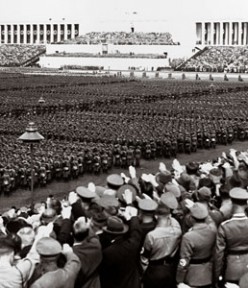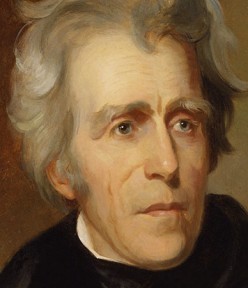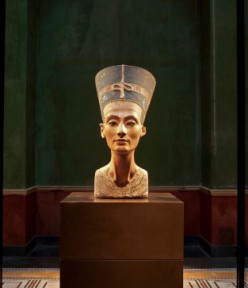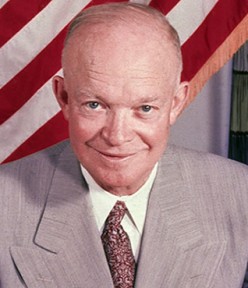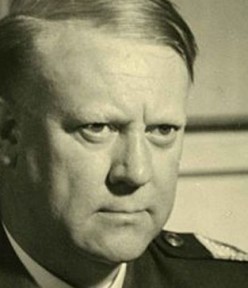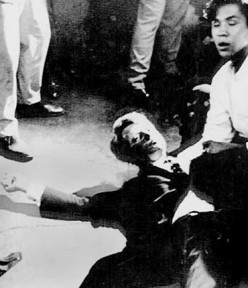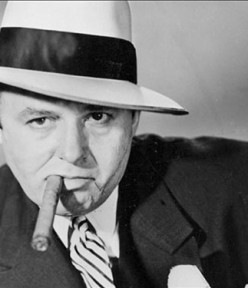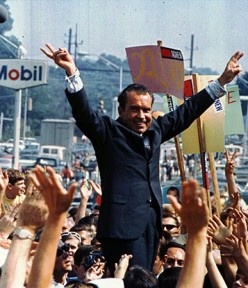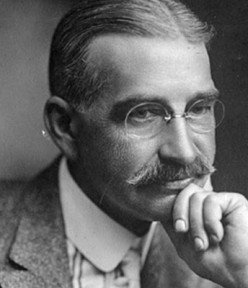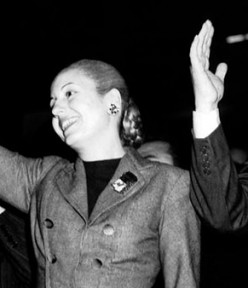Nuremberg in the National Socialist Mind
By Leon Degrelle. The National Socialist Congress had become an annual session of a giant parliament composed of a million and a half representatives of the people, coming from the most varied regions. Politically, it was the most “colossal” (as the Germans say) expression of democracy that had ever been organized anywhere in the world. Such an event had never before been seen, and nothing like it would ever afterward be seen again. The Nuremberg Congress was a unique phenomenon in the political history of Europe.
